March 20, 2015
Here are some very useful educational web tools we have curated over the last few weeks. These are EdTech tools we came across through posts from other edubloggers. As is the case with previous posts in New EdTech Web Tools for Teachers, we only feature the recent trending tools which we think would be a valued addition to teachers technology toolkit. Check out the ones we have for you today and share with us if you have other suggestions to add to the list:
Find out more here:
- http://www.scoop.it/t/21st-century-tools-for-teaching-people-and-learners
Via Gust MEES



 Your new post is loading...
Your new post is loading...

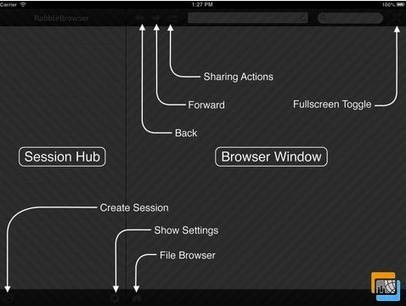





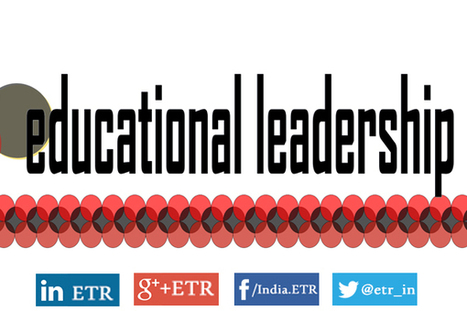




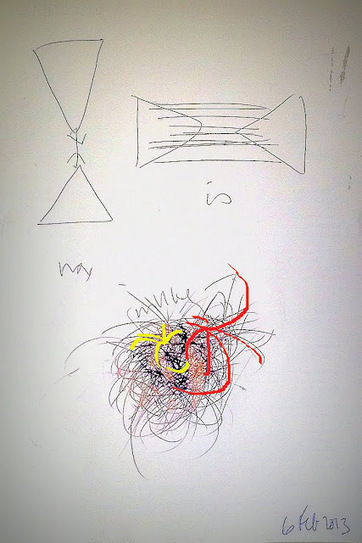


![A Great Graphic Featuring The 12 Principles of Collaboration [Graphic] | iEduc@rt | Scoop.it](https://img.scoop.it/uITa3iILASFrFYeRXcPGeTl72eJkfbmt4t8yenImKBVvK0kTmF0xjctABnaLJIm9)


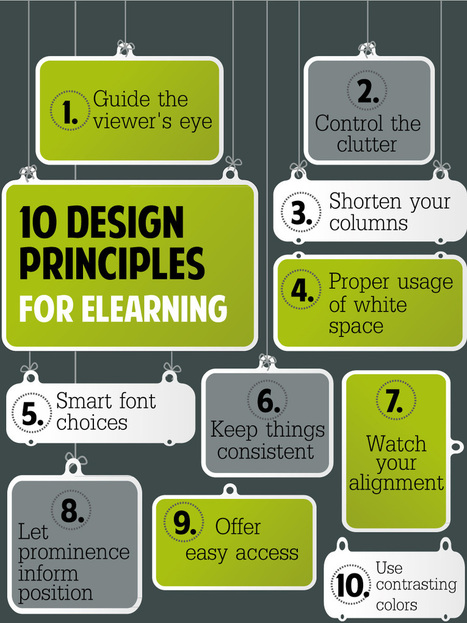

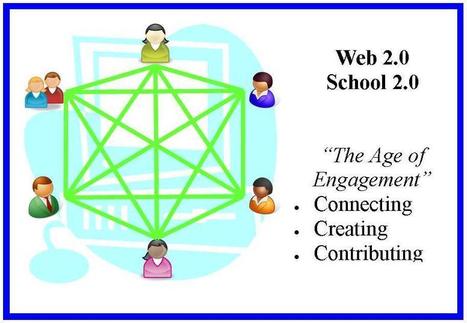






![[INFOGRAPHIC] An Overview of the Principles of Adult Learning | iEduc@rt | Scoop.it](https://img.scoop.it/9N1XwE150Qv7qoj5uopdiTl72eJkfbmt4t8yenImKBVvK0kTmF0xjctABnaLJIm9)



![Where In the World Is the Internet? [Infographic] | iEduc@rt | Scoop.it](https://img.scoop.it/Dgz2raLDEIdG3-9USccJOjl72eJkfbmt4t8yenImKBVvK0kTmF0xjctABnaLJIm9)









March 20, 2015
Here are some very useful educational web tools we have curated over the last few weeks. These are EdTech tools we came across through posts from other edubloggers. As is the case with previous posts in New EdTech Web Tools for Teachers, we only feature the recent trending tools which we think would be a valued addition to teachers technology toolkit. Check out the ones we have for you today and share with us if you have other suggestions to add to the list:
Find out more here:
- http://www.scoop.it/t/21st-century-tools-for-teaching-people-and-learners